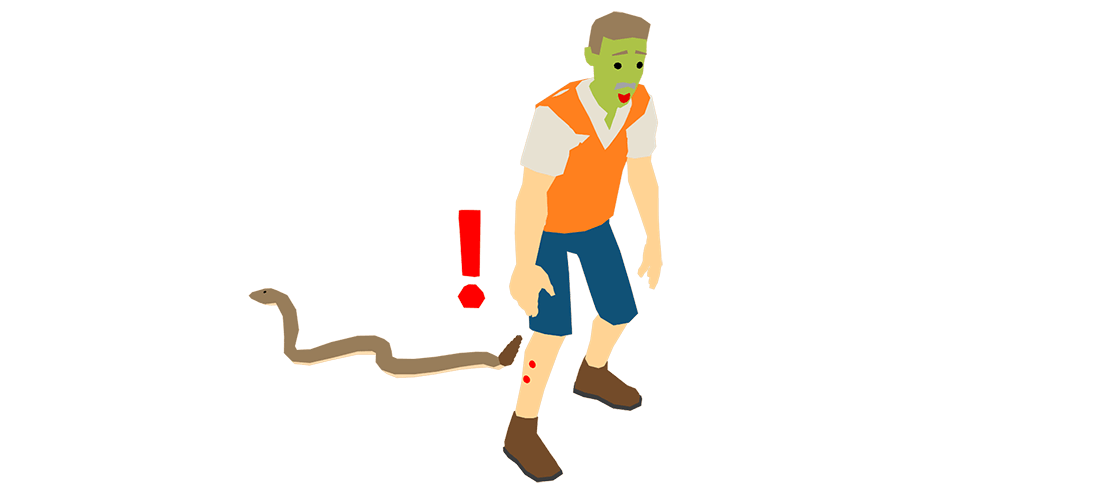Common Types of Hunting Accidents
Treating medical emergencies
First aid skills are necessary in any emergency situation. It requires professional training to ensure the most positive outcome. It is strongly recommended that all Hunter Education Students enroll in a recognized first aid course. First aid skills could very well save a person's life while in the field.

Scene assessment
If you find an injured person it is important to ask them where they are injured and how the injury occured. Try to understand the cause of the injury. Make sure that the environment in which they are in is safe. If you are not sure that the scene is safe do not approach the injured person. Keep them calm by talking to them and reassuring them that you are there to help. Protect the person from the sun, rain and wind. Let them know that help is on the way.
Cuts and Bleeding
Most bleeding situations are caused by cuts. The best way to stop a cut from bleeding is by firmly applying pressure over the wound with a cloth or piece of clothing for a few minutes. However if the cut is deep do not release the pressure because the bleeding will start again. If the injury is to the leg or arm keep it elevated.
Remember RED
Rest - Elevate - Direct pressure
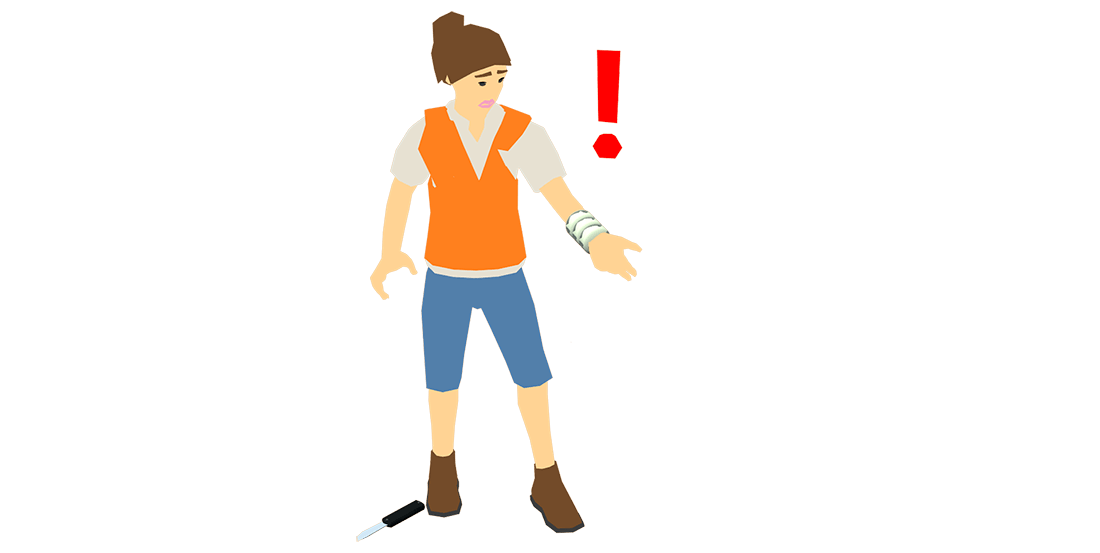
Embedded objects
Do not remove any embedded objects as it could lead to an even more serious injury. Pad the wound around the object firmly and go to the nearest hospital.
Across the U.S. qualified people teach first aid. We strongly recommend you take a Red Cross or other recognized first aid course.
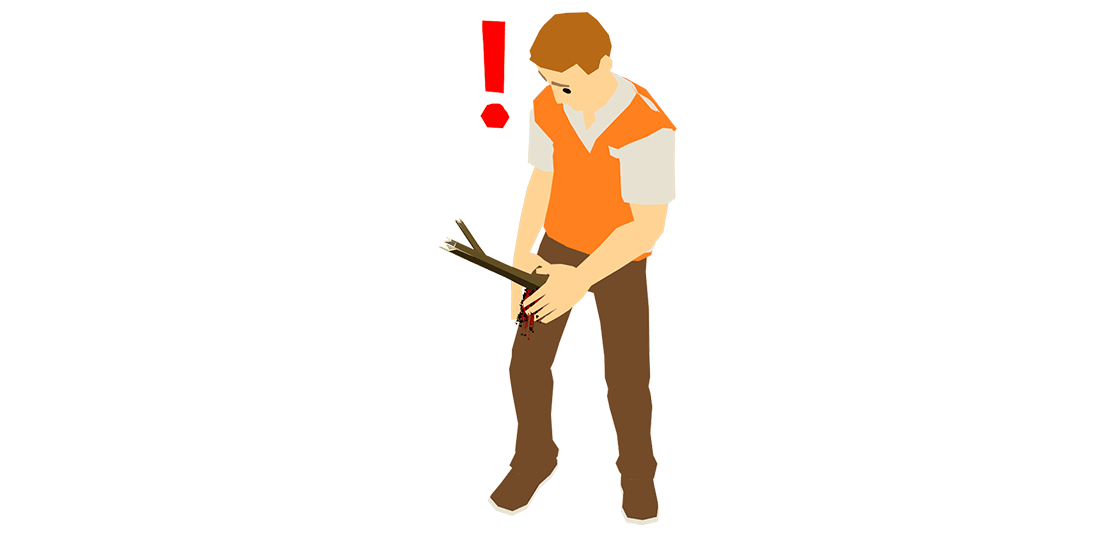
Broken bones
Hunting requires a lot of physical activity. Sometimes accidents, like broken bones, may happen.
- If necessary, stop any bleeding by applying pressure to the wound using a clean cloth, piece of clothing or bandage.
- Immobilize the injured area using a splint if possible.
- If available, administer anti inflammatories such as Ibuprofen to reduce swelling and pain.
- Get medical help as soon as possible
- Keep the victim calm, reassure them that help is on the way
- Keep them alert and stay with them until medical assistance arrives

Heart attacks
A heart attack occurs when there is an obstruction of an artery. This blocks the flow of oxygen rich blood to the heart. If you witness someone in a heart attack situation:
- Call 911 immediately. Don't ignore the symptoms of a heart attack. Go to the nearest hospital. Don't let the person who is having a heart attack drive themselves. If you are the victim, only drive yourself if you have no other option.
- Chew and swallow an aspirin. Aspirin helps keep your blood from clotting. This is considered early intervention while waiting for help. It also helps limit the damage to your heart.
- In the event you find someone unconscious: Begin CPR immediately(cardiopulmonary resuscitation). If the person isn't breathing or you don't find a pulse, continue CPR to keep blood flowing after you call for emergency medical help. CPR doesn't restart the heart; but it keeps the person alive until medical help arrives.
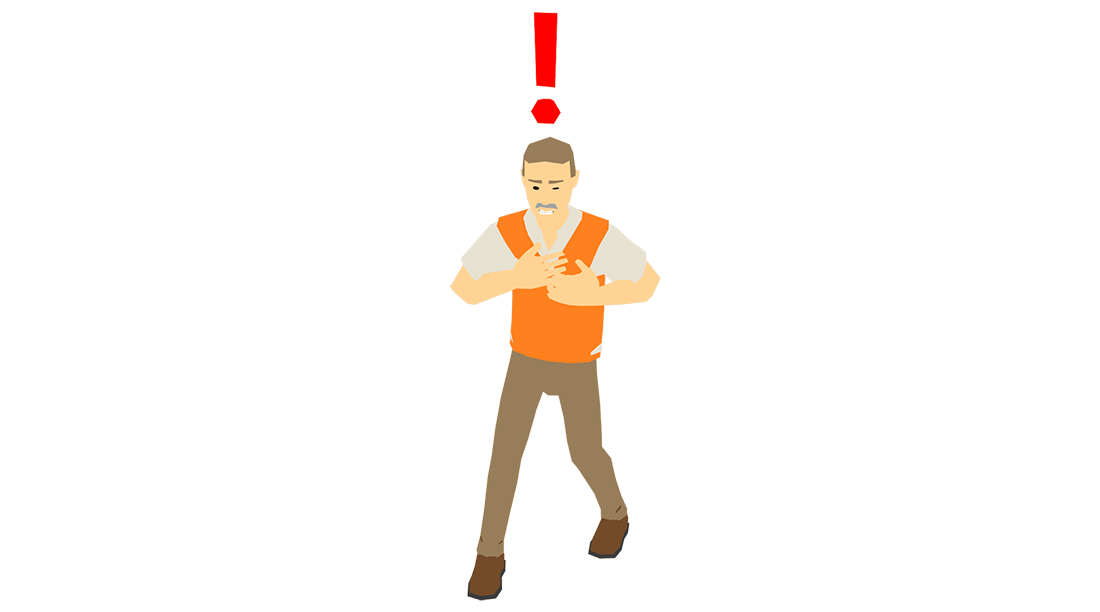
Drowning
While hunting there may be situations where you require a boat to get to your favorite hunting spot, transport game, or maybe to hunt migratory game birds. Although useful, they increase the risk of drowning accidents. In the event you witness a drowning victim:
- Call 911 Immediately
- Move the person out and away from the water
- Check to see if the person is breathing
- If the person is not breathing, check for a pulse
- If you cannot find a pulse begin CPR
- Repeat until help arrives or the person begins to breath
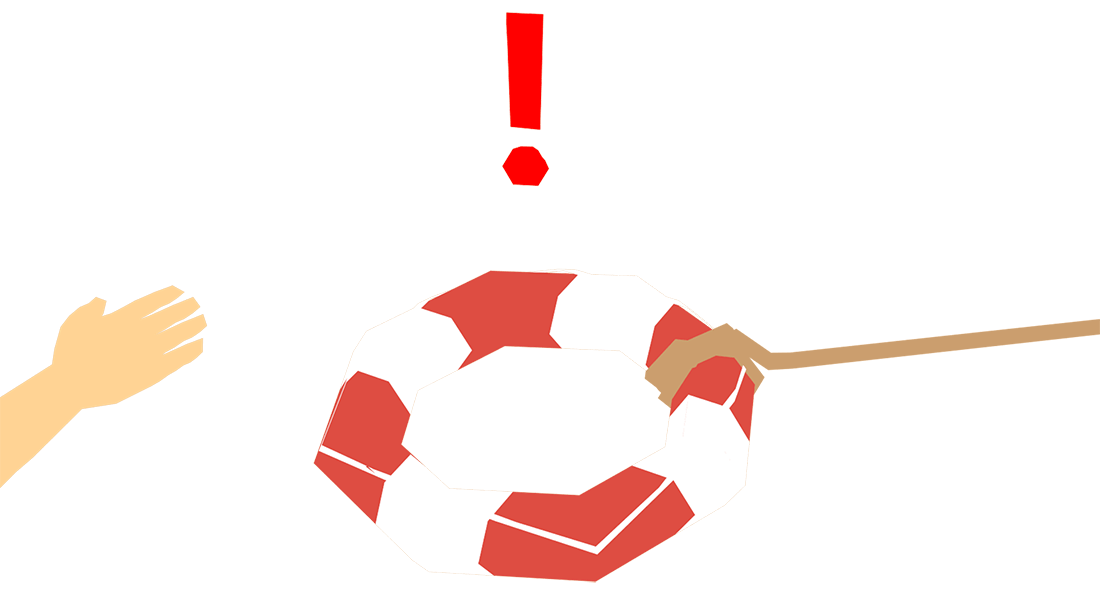
Burns
If you or one of your hunting partners suffer a burn, here are steps to treat the wound:
- Cool the burn. Place the burned area under cool (not cold) running water or gently apply a cool, wet compress until the pain eases
- Remove rings or other tight items from the burned area
- Don't break any blisters. Blisters help protect against infection
- Apply lotion such as one with aloe vera. This helps prevent drying
- Bandage the burn. Cover the burn with a clean bandage.
If needed, take a nonprescription pain reliever
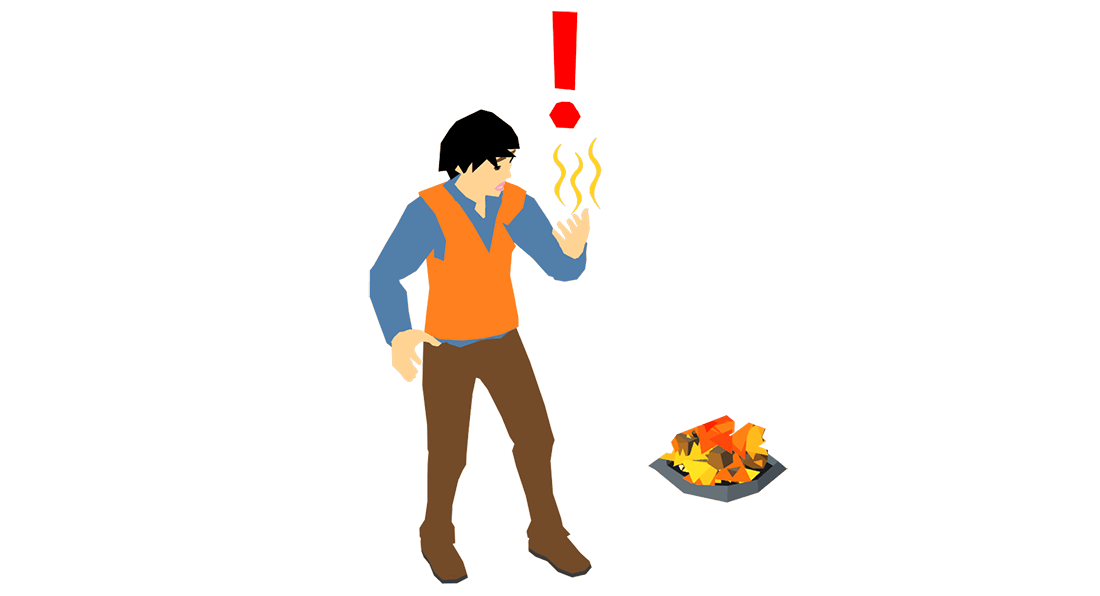
Snakebites
Snake bites should always be taken seriously, if not treated carefully and quickly, they can result in death.
- Call 911 immediately, get help as soon as you can, because even if the bite isn’t that painful initially, you still need to treat it as if it’s potentially life-threatening
-
Wash the bite with soap and water
- Keep the affected area still and lower than the heart in order to slow the spread of venom.
- Remove any jewelry or watches
- Remain still and calm. Moving around will cause the venom to spread faster through the body
- Cover the bite with a clean, dry bandage.
